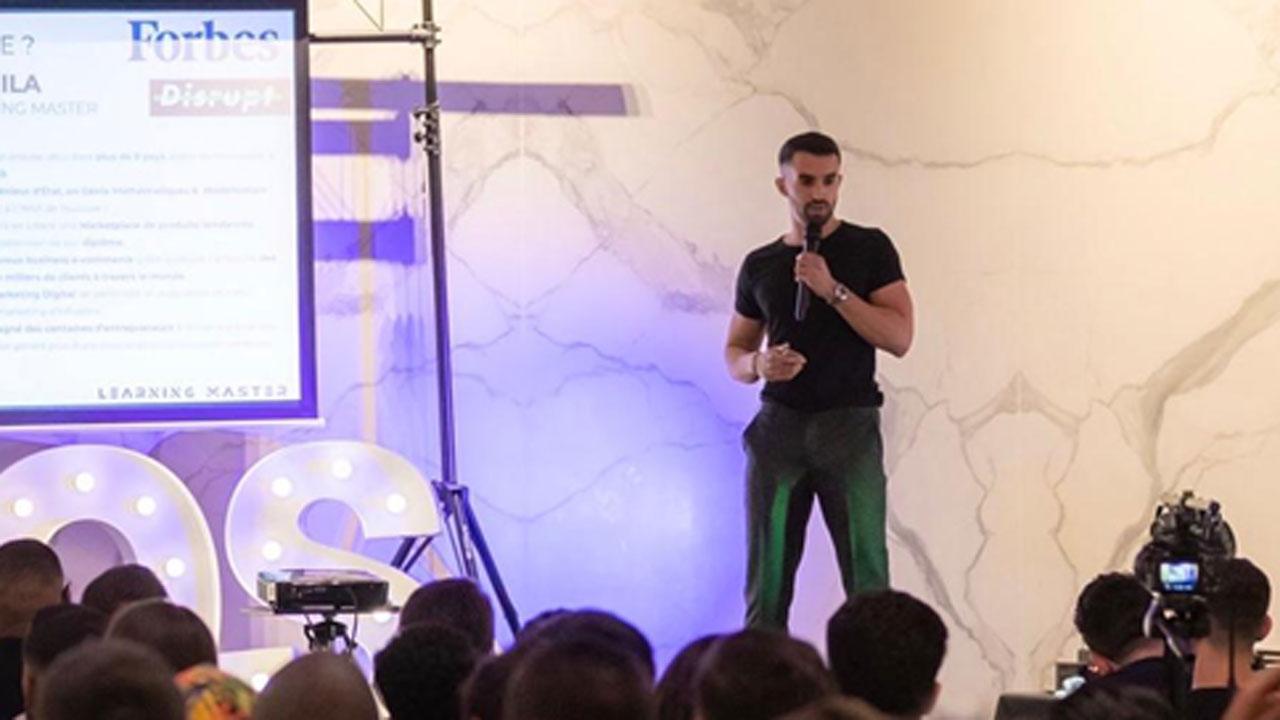He says, "Unless you know what your students want, you will not become a good coach. And honestly, becoming an online coach isn't easy, especially with all the hindrances around like poor network connectivity, device problems, and distractions from the outside."

Salim Elhila
Suppose you come across a kitchen utility gadget on Facebook. A new brand is selling it at an unbelievably low price. You eventually buy it thinking that it would help you in your kitchen. But when it arrives, you see that it doesn't have a manual. You don't know how to operate it. You go on their Facebook page and tag them in a post expressing your disappointment. They don't bother getting back to you, but you see them uploading posts every day. Wouldn't you feel neglected? You would even go on to suggest to your friends and colleagues not to buy anything from that brand.
ADVERTISEMENT
The same thing is applicable for online trainers. Salim Elhila, the co-founder of Learning Master, believes that engaging with your students is one of the best ways to resolve their doubts. He says, "Unless you know what your students want, you will not become a good coach. And honestly, becoming an online coach isn't easy, especially with all the hindrances around like poor network connectivity, device problems, and distractions from the outside. That makes interaction crucial between a student and a teacher."
Salim's interaction strategies
Salim is now a mentor at Learning Master. He teaches new entrepreneurs and freelancers how to set up a system that can help attract high-end customers and make their businesses profitable. "My first reaction before every session is that I'm dealing with professionals here. And they expect the same professionalism from me. They will later go on and replicate what I teach here in their training agencies. That means I have a huge responsibility of not just handling these students but also the people they would further coach. And so, I never ignore any questions that my students ask. I don't want them to feel neglected. It's just what I did when I was running my e-commerce sites. I never failed to respond to the distressed customers."
The advantage of student interaction, according to Salim, is it helps to determine how you approach your next session. "Sometimes, students don't learn quickly. But how would you know that if you don't interact with them? How would you know if they are grasping everything you are telling them? If some students need extra help, it's your responsibility to provide that. But you need to know where they are facing problems in the first place.
When I started tutoring entrepreneurs online, I could have easily made one of those audio-visual presentations where a mentor speaks on a topic for a couple of hours. But I felt that that wouldn't benefit the entrepreneurs. That's why I made my sessions interactive. This makes the entire program personal."
One of the lessons that Salim teaches in his online classes is replying to students promptly. You can deliver your classes flawlessly again and again, but unless you learn your students' queries and talk to them about their doubts, they won't consider you a good coach. Therefore, if you want to become a successful coach like Salim, make sure you interact with your students in every session.
 Subscribe today by clicking the link and stay updated with the latest news!" Click here!
Subscribe today by clicking the link and stay updated with the latest news!" Click here!






